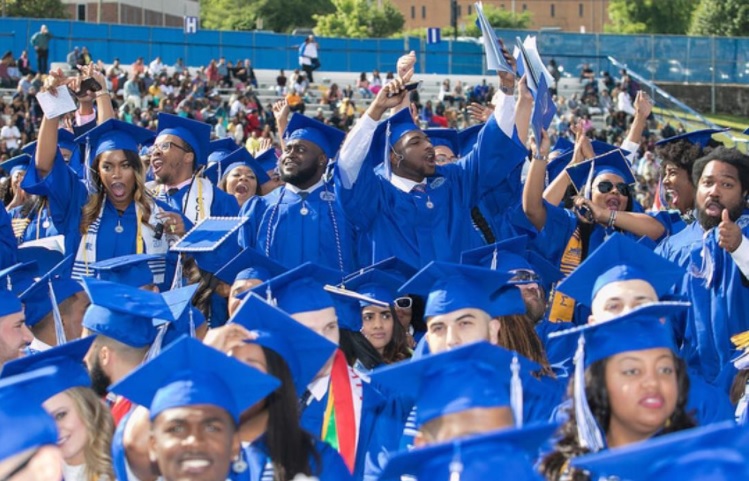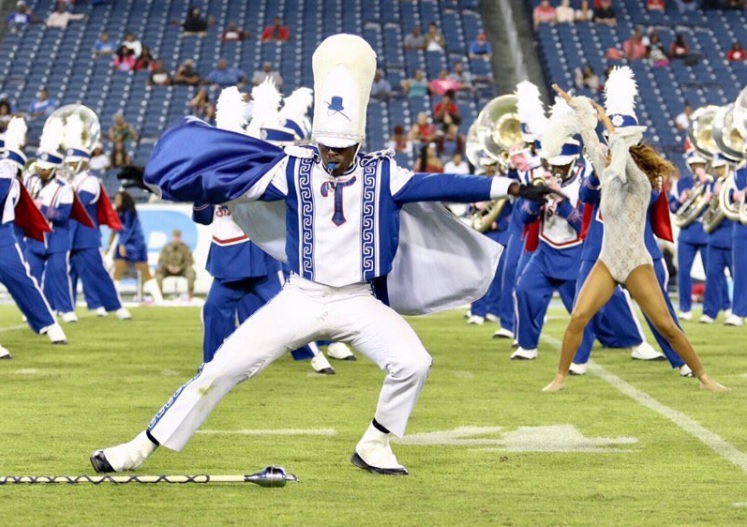What’s the Role of Historically Black Colleges and Universities — And How Are They Changing?
The history of those schools is rooted in some of the most painful times in American history.

We recently went through homecoming season across the country. That means many people traveling to alma maters, watching football games, or even just reflecting on time in college or high school.
For many Americans, they’re thinking, talking, and writing about their time at Historically Black Colleges and Universities.
The history of those schools is rooted in some of the most painful times in American history. After the Civil War, most institutions of higher learning banned qualified African Americans from attending. So new colleges and universities were formed to primarily serve black students. Most of the colleges were and are in former slave states.
Today there are more than a hundred HBCUs in the United States. What role have they played historically? And how has that role changed over the years — if at all? And how are those institutions themselves changing?
A panel made up of writers, former students, and someone who studies HBCUs and their leadership, joins Detroit Today with Stephen Henderson to talk about these questions.
Click on the audio player above to hear the full conversation.


